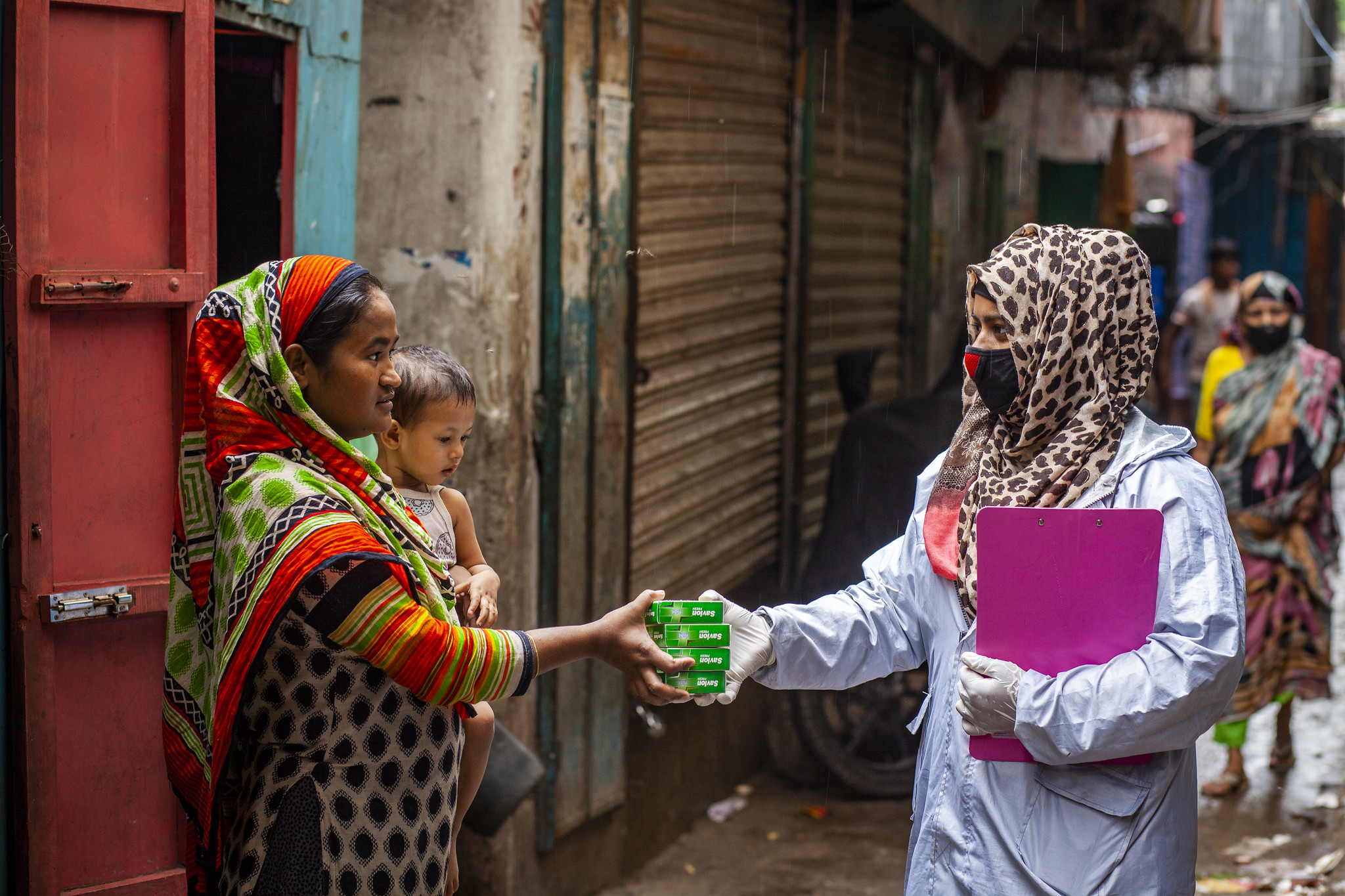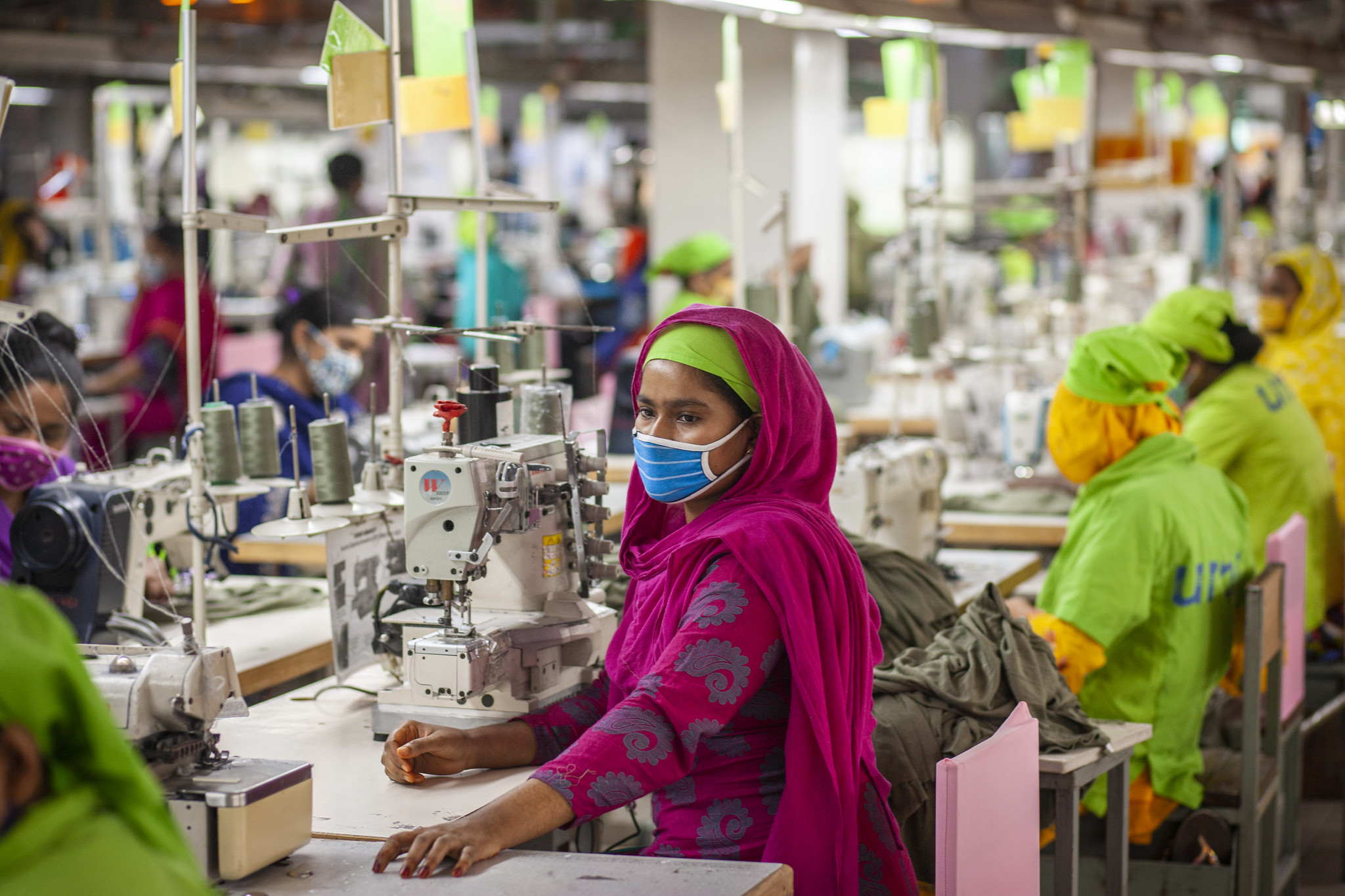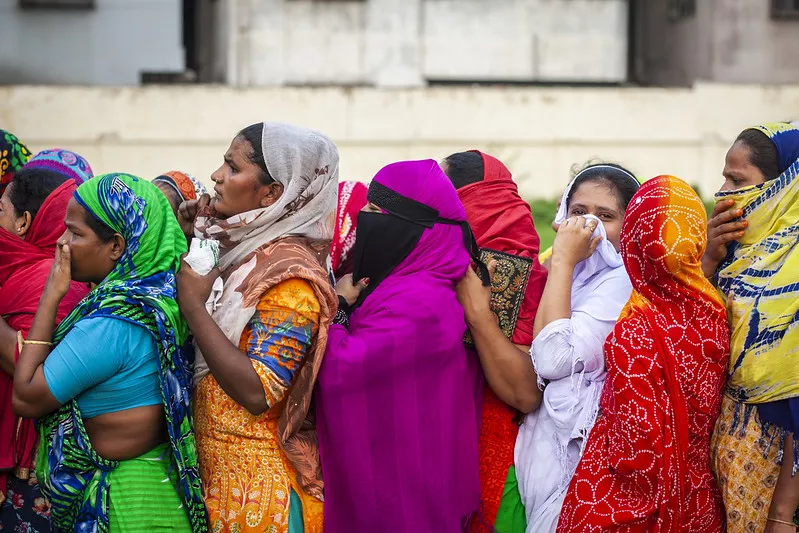Trust and transparency = success?
The pandemic continues, and the jury is still out on which governments responded most effectively. But evidence suggests that trust, transparency, and accountability are likely to have been important features of successful policy responses.
So how did the Bangladeshi government listen to its citizens during COVID-19? What are the mechanisms and channels through which peoples’ needs were expressed and heard?
These are the questions Dr Shuvra Chowdhury of Rajshahi University and I tried to answer in a scoping paper prepared for the CLEAR programme. We reviewed the fast-growing body of literature on accountability and responsiveness in relation to the pandemic, studies, official documents and media reports about Bangladesh, and interviewed 20 key informants from government, academia, civil society and the media.
Chilling and choking
Some political context is necessary: accountability and responsiveness can be politically ‘sensitive’ matters in contemporary Bangladesh. It is a political system in which the ruling Awami League party, in power since 2009, has become increasingly powerful. It has no credible political opposition, nor has it won a credible recent election.
The growing power of the party-state system means that bureaucrats are under pressure to align with the ruling party. Independent civil society and the media operate under chilling conditions that include the Digital Security Act 2018, which criminalizes online speech with which government disagrees, and the Foreign Donations (Voluntary Activities) Regulation Bill 2016 that observers say ‘chokes’ civil society. Enforced disappearances and murders of those seen to cross the party line have led to the US sanctioning the paramilitary group seen as responsible.
People are careful about what they say, and how they say it. It is not a conducive environment for listening to how people are experiencing a fast-moving crisis like COVID-19.
Pressures to perform
But while the Bangladesh government has limited tolerance for dissent or criticism, it also faces strong pressures to deliver development. Pressures for ‘performance legitimacy’ mean that maintaining high rates of economic growth and delivering public services that people want are top priorities for the government, which has not recently earned its right-to-rule by winning elections.
Over the many crises of its history, the Bangladeshi state has learned that it is important to be transparent and to respond to people’s needs: governments that have failed to handle crises on behalf of citizens have lost legitimacy – and ultimately, power.
So how did the Bangladesh government square the circle of wanting to both control speech, and hear citizens’ views?
Hearing aids
Shuvra Chowdhury and her colleague Professsor Pranab Kumar Panday have been studying accountability reforms in Bangladesh. They found that for over a decade, local governments have been mandated to facilitate participatory budgeting, public hearings and meetings, and establish information centres at the local level. The Right to Information has provided a legal guarantee for official transparency, and statutory institutions to tackle corruption, human rights abuses, information, and citizens’ grievances have been institutionalized.
All of these reforms signal a commitment to more open and participatory governance, particularly at the local level. During the pandemic, government also introduced new mechanisms such as telephone hotlines and online platforms for citizens to contact in need. Politicians and other officials used social media platforms to communicate with constituents on a significant scale.
While we know these were all working to different degrees during COVID-19, there is little available data about how they worked, indicating the need for proactive transparency about use and response rates.
Civil society and the media
Bangladesh has an enviably rich tradition of civil society and development NGOs, as well as a vibrant independent media. But the chilling and choking conditions of civic space were a constraint on the extent to which citizens’ views could be gathered and expressed through civil society and the media. Journalists spoke of being warned about going ‘too far’, and Prothom Alo’s reporter Rozina Islam was arrested on charges of sedition when investigating procurement corruption in the health ministry at the height of the pandemic.
Yet some civil society and research groups, particularly those with expertise in key policy areas such as macroeconomic management, poverty, public health, and women’s rights, were able to influence government thinking. Through survey data, original analysis, and quiet forms of engagement with public officials based on mutual trust and credibility, we uncovered examples where citizens’ concerns were brought to the attention of government actors, who listened and responded.
Researching accountability in Bangladesh’s crisis response
It is no surprise that a political dominance encourages the government to control the narrative about COVID-19. But the Awami League also has strong motivations to perform for its citizens. This helps explain why it had already established systems for accountability and responsiveness, and why it set up new mechanisms to listen to citizens during the crisis: such information is seen as essential for improving public policies.
Yet an official willingness to listen runs up against the limits of the government’s tolerance for scrutiny and open critique of its policies. COVID-19 has again demonstrated that Bangladesh’s continued development success depends on an inclusive and plural policy process, in which non-state actors work with the government as well as holding it to account when needed. Future research will need to focus on how effectively government is able to listen to its citizens, examining how well its accountability reforms – citizen participation in local government, transparency initiatives, and grievance redress systems – are actually working to improve the policy response.


